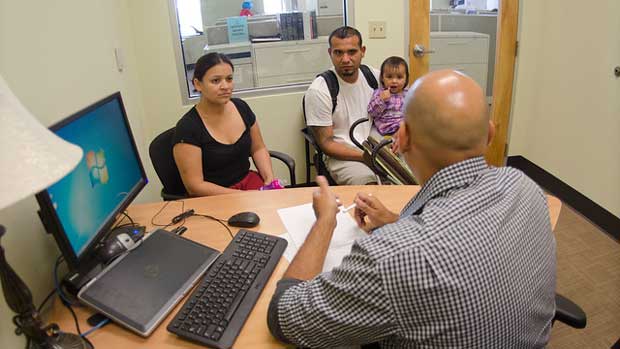
Source: The Atlantic
Billions of dollars are spent on education initiatives that seek to improve opportunities for Americans, but Nick Hanauer, founder of the public-policy incubator Civic Ventures, argues that fighting inequality should come first.
Despite overwhelming evidence that children of low-income families are less likely to obtain an education, regardless of the education opportunities available, leaders in the education system “talk about extending ladders of opportunity to poor children, most recently in the form of charter schools,” he writes.
“For many children, though—especially those raised in the racially segregated poverty endemic to much of the United States—the opportunity to attend a good public school isn’t nearly enough to overcome the effects of limited family income.”
Hanauer explains that though many wealthy leaders in America believe that educational opportunities alone will lift children and families out of hardship, focusing on helping those individuals overcome income inequality and low pay in the first place is important because otherwise they can never afford the opportunity to focus on getting an education.
He points to Lawrence Mishel, economist at the liberal-leaning Economic Policy Institute, who argues that “poverty creates obstacles that would trip up even the most naturally gifted student,” with particular examples of “children who frequently change schools due to poor housing; have little help with homework; have few role models of success; have more exposure to lead and asbestos; have untreated vision, ear, dental, or other health problems;… and live in a chaotic and frequently unsafe environment.”
While providing a great education is very important, he says, it is more important to first provide the “prerequisites of a secure middle-class life,” and everyone needs to be paid a livable wage.
Read Full Story: The Atlantic
